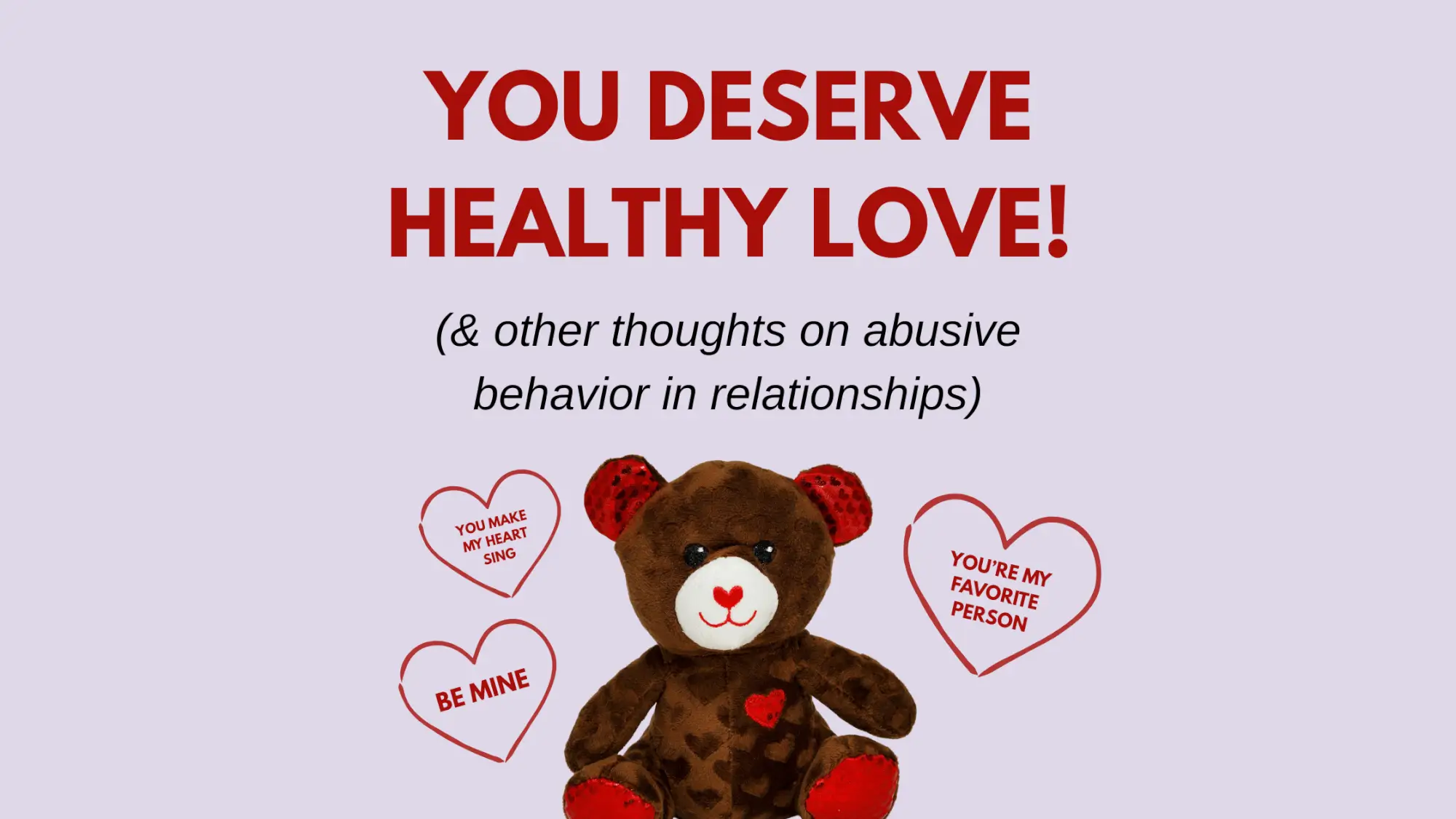
Written by Sydney Uhl
The normalization of domestic violence is a grim reality that needs attention. The dynamics of domestic violence are deeply ingrained in our society's customs and traditions through songs and media. This is not something new - normalization of DV (Domestic Violence) has been with us as long as we’ve had pop culture.
Movies, TV shows, and music often romanticize possessiveness, jealousy, and control as signs of passion or love. These distorted representations blur the line between healthy and toxic relationships, shaping attitudes towards what constitutes acceptable behavior. Scenes depicting physical altercations between partners may be portrayed as dramatic or thrilling, rather than accurately showing the damaging effects of violence on individuals and relationships. When abusive behavior goes unpunished or is portrayed sympathetically, it communicates that such actions are excusable or justifiable in certain contexts. It's crucial to remember, though, that not all movies support this normalization. A few films and tv shows, such as Netflix's Maid, address domestic violence in a responsible manner, show its terrible consequences, emphasize how crucial it is to get support and leave violent relationships. These stories are essential for eliminating misconceptions and increasing awareness.
Some songs depict unhealthy relationship dynamics by portraying aggression, dominance, and possessiveness as acts of passion or love. Lyrics that promote manipulation, envy, or power in relationships have the potential to reinforce negative stereotypes and false beliefs about the characteristics of a successful relationship. Some of these songs include Kill Bill by SZA, or Before he Cheats by Carrie Underwood. The repetition of these themes in popular music can desensitize listeners to the seriousness of domestic violence. When such themes become normalized and widely accepted, it can shape attitudes and behaviors, leading individuals to perceive problematic behaviors as acceptable or even desirable in relationships. By discussing the impact of lyrics and promoting music that portrays healthy relationship dynamics and condemns violence, individuals can contribute to reshaping cultural attitudes towards domestic violence.
Toxic relationships are sometimes glamorized in the media, which can normalize behaviors such as cheating, lying, intensity, spitefulness, playing mind games, and having unrealistic expectations. The dynamics of domestic violence do not only impact romantic partnerships. They affect all areas of life, including friendships, workplaces, and family relationships. Aggressive behavior, whether it be psychological, emotional, or physical, can become more normalized, making people less aware of warning signs and red flags and enabling the abuse cycle to continue.
Challenging the normalization of domestic violence can begin with the individual. This requires eliminating deep-rooted behaviors, breaking down cultural norms that support violence, and creating an environment of respect and understanding. Identifying the warning signs of domestic violence, exposing the normalization of it, and providing survivors with support are crucial steps toward
building a culture in which homes are safe havens. By refusing to accept abuse of any kind as normal, we create the conditions for a day when everyone can thrive in supportive, healthy relationships.


